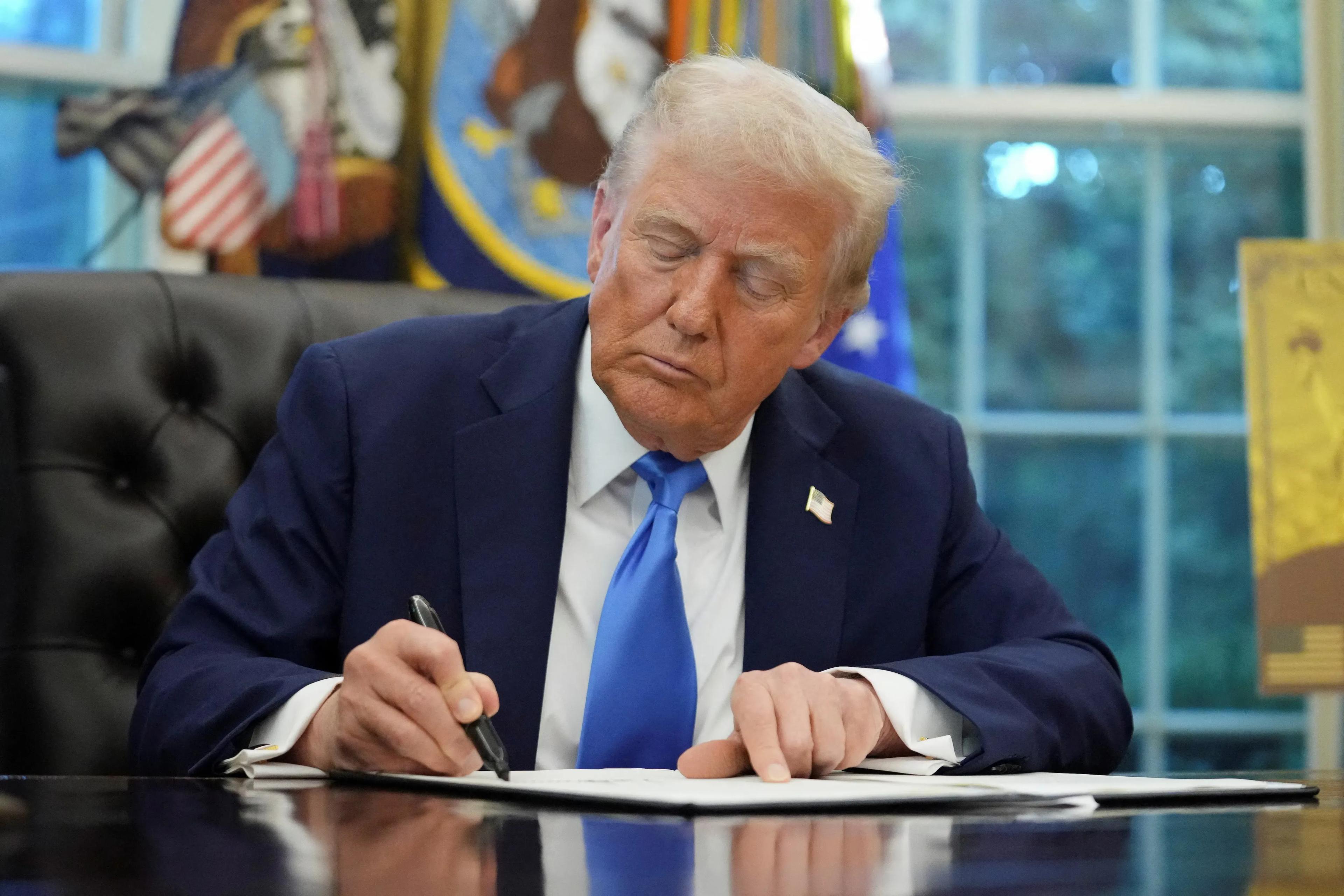Donald Trump
The President of the United States, Donald Trump, signed an executive order designating the Antifa movement as a "national terrorist organization." The measure responds to a pattern of political violence designed to "suppress legitimate political activity and obstruct the rule of law." The decision comes just a few days after the assassination of conservative activist Charlie Kirk and in a context of growing political polarization.
What is Antifa?
It is a decentralized antifascist movement comprised of activists and protesters who oppose neo-Nazism, white supremacy, racism, and growing authoritarianism. Its goal is not to seize political power or legislate, but to publicly confront and block the far right, which currently governs in the United States. In 2017, Mark Bray published Antifa: the antifascist handbook, describing this activism as a form of self-defense against the violence historically perpetrated by fascists and far-right groups, especially against minorities, women, and LGBTQ+ individuals.
In this way, the movement resurges, rooted in the antifascist struggles of Europe in the 1920s and 1930s and in the United States since the 1980s. The rise occurred following Donald Trump's inauguration in 2016. Since then, Antifa has been involved in confrontations both in street protests, such as those in Charlottesville in 2017 and in Minneapolis in 2020 following George Floyd’s assassination, as well as on digital platforms, monitoring far-right groups and exposing their activities on social media.
Their tactics range from peaceful demonstrations and blockades to violent confrontations with opponents and, in extreme cases, destruction of private property. These methods have been criticized by conservative politicians and analysts, who consider Antifa a key player in the alleged threat of "radical leftism."
Contemporary Terrorism
Trump's designation of Antifa as a terrorist organization has raised legal questions. Many analysts comment that since it is a leaderless movement without a formal structure, the measure could violate rights protected by the First Amendment of the U.S. Constitution, such as freedom of speech and assembly. This complicates the application of legal sanctions to a collective that operates in a decentralized manner and whose cells organize both online and in person.
This case reflects the complexity of the concept of contemporary terrorism. It is no longer limited to hierarchical groups like Al Qaeda or ISIS but includes dispersed ideological movements that are difficult to define and measure, where often society itself questions or supports the manner of expression, generating even deeper social polarization.
In this regard, Antifa not only represents a challenge to U.S. authorities but also an example of how social movements are currently articulated, with clear ideological motivations, hybrid tactics combining the digital and physical, and an ongoing debate about the boundaries between self-defense, freedom of expression, political protest, and above all, terrorism.


Comments